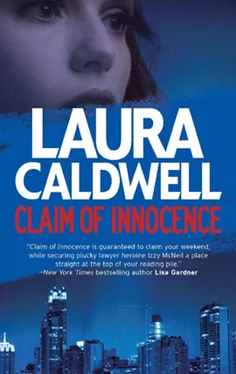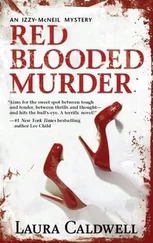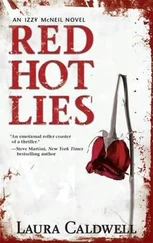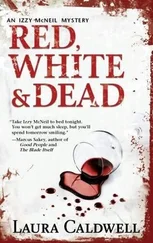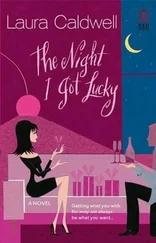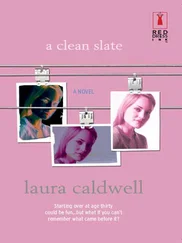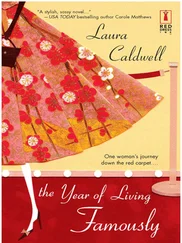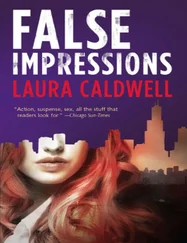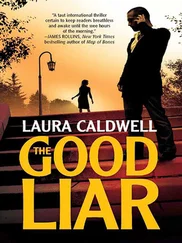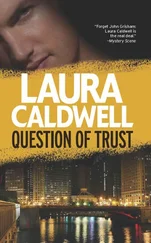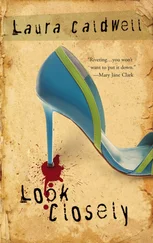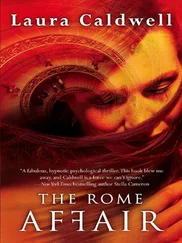Maggie picked up her notes and reviewed them. She explained that Valerie Solara didn’t have to put on any evidence herself. She didn’t have to prove anything at all.
Maggie stopped, dead center of the jury. “A woman died. By all accounts, a lovely woman, a good mom. When someone like that dies, we all want someone to pay for it. But the right person must pay for it. We cannot allow them—” she turned and pointed at the state’s attorneys “—to rush to judgment and pile up inconsequential tidbits to make it appear they have the person who committed this when they do not. That’s not how the American criminal justice system works. You are the upholders of that system. Your job is large. Your responsibility is massive.” She looked up and down the row of jurors. “Do it,” she said. “Do your job.”
A mother’s words can soothe. But just as easily they can sting.
Recently, I had been hearing my mother’s words about my father, about how I owed him respect, how I should make “some attempt” to give him that. They had hurt at first, but then the sting wore off. Yet they kept winding through my head, then into my heart, creating a slow-building guilt that, once it had taken hold, could not be released without me doing what she wanted me to. What I needed to do, I suppose.
And although I still hadn’t spoken to him, Sam’s offer to cancel his wedding—his ultimatum, if I was honest—was reverberating through me. I needed my dad’s cold, unflinching analysis.
As soon as court was over for the day, I called my father.
He answered on the first ring, as if he’d been waiting all day or maybe all month, for this call. I told him that I wanted to see him. I thought about asking him to have dinner, but none of my usual places, the ones where I might step out on a Friday, seemed right. Twin Anchors, Marge’s, Benchmark—they all seemed too casual, places to meet a friend.
“Can I stop by your place?” I asked.
There was no pause before he said yes.
My father lived in a nondescript midrise building on Clark Street, just south of North Avenue. Although I’d known the location of his building, it wasn’t until I pushed through the revolving glass doors that I realized that it was nearly equidistant between my mother’s house and my own. Did that mean something? As always with my father, I had no idea.
Likewise, I didn’t know what to expect from my father’s apartment, but I sensed it would be worldly and interesting, something like my father himself or the person I thought he was.
But when I got there, I saw the apartment was a place for someone transient, a place where no one would live for long.
The gun-metal-gray couch was dark enough to hide any stains and looked like the type rented from one of the furniture places on Milwaukee Avenue. To the left was a reading chair that had once, maybe, been interesting. But now the wood arms were nicked and scarred, the formerly ivory paint across the top yellowed. My guess was that it was the fruits of Dumpster-diving or a visit to a secondhand store. A squat old table, too low, sat in front of the couch and chair.
The living room held little else but a small desk in the corner, which faced the wall. If the apartment had been mine, I would have put the desk near the window, in order to look outside and get a glimpse of the world. But my father was different from me. Maybe he didn’t need to see anything at all.
We stood at the threshold of the room, my father quiet, letting me study it. I looked at him then. It still startled me to see him, a handsome man in his late fifties, instead of the younger version of him, forever memorialized in my brain. His wavy hair was now salt-and-pepper-gray instead of chestnut-brown like Charlie’s. He was still trim, but he was more refined than when he was younger. After living in Italy, he dressed like an Italian—slim-cut linen trousers, an expensive white shirt, open at the collar, a beautiful gold watch. His eyes were still the same green, still intensely focused through the copper glasses he’d always worn. But there was rarely life in those eyes.
He gestured to the couch. “Have a seat.”
I sat. The couch was stiff. I shifted back and forth, trying to get comfortable. I now faced the open kitchen, which held nothing on the counters save an espresso machine.
My father followed my eyes and gestured at it. “Can I make you some espresso?”
I shook my head. “No, thanks. I drink tea.”
“That’s right. Green tea.”
I couldn’t remember if I’d ever told him that or if it was one of the things he’d learned from watching me. I was just coming to understand how much he’d observed me, on and off, for most of my life.
“Mom told me she used to see you sometimes,” I said.
If he was surprised by the shift in topic, he didn’t show it. He said nothing.
“That must have been intentional,” I said.
“It was. But it was also a failure, a weakness.”
Now neither of us said anything.
“I’d give you a tour—” he gave a little polite laugh that sounded unlike him “—but it’s just this room and the bedroom.” He gestured toward a short hallway.
“That’s okay.”
The apartment made me profoundly sad. My father had lived an incredible life—incredibly tragic, incredibly exciting. This empty shell of an apartment didn’t fit him.
He seemed to sense my thoughts. “I’m just here until I decide…”
I nodded. I understood what he was saying—until he decided what to do with himself.
“Let me get you some water.”
I watched him go into his kitchen and open and close cabinet doors as if unsure where the glasses were. Or if he even owned them.
Finally, he found one made of orange plastic. “This is all I have,” he said over his shoulder in an embarrassed tone.
“Anything is fine.”
I heard him opening some drawers. When he came back with the water, he put it on the table, then placed two other items there.
I looked closer. My old cell phone and my old ID.
“Those were in the building. The one we were in with Aunt Elena.” The one that exploded.
There had been an explosion in Chicago earlier that summer, and my Aunt Elena, my dad’s sister, had been one of the last people in the building that was blown to smithereens. Long story. Really long story. My dad had told me he got word that she was uninjured and in Italy. The body found after the explosion was male, likely either Dez Romano, the boss of Michael DeSanto, or the guy who worked for him. Dez was a gangster I’d gotten mixed up with thanks to a gig from John Mayburn. Dez had once made it clear he’d wanted to kill me, and so although I’d never wanted anyone dead before, there was a part of me that hoped that he was enjoying himself in gangster heaven. But it was more than likely that the body was that of Dez’s lackey. I tried not to think about the fact that Dez could still be out there.
My father’s head bobbed in a single nod toward the items on the table. “I retrieved them before we got out.”
“You’re just giving them to me now?” I made an irritated sound. “Do you know what a pain in the ass it was to spend half a day at the DMV and the other half at the cell phone store?”
Without pausing, without expression, he said, “Do you know what a pain in the ass it would have been if the police learned you were there that day and confiscated them as evidence? Or if they had tracked a call from your phone and then you’d used it again?”
“That’s why you told me to get a new phone number.”
He nodded.
I looked at the phone and ID. So he’d been protecting me. “Thanks.”
Again, he said nothing.
I put the cell phone and ID in my purse. “So…” I looked around. “It must be strange to be so out in the open now. I mean, since you were almost—” what was the word? “—invisible before. Mostly.”
Читать дальше
